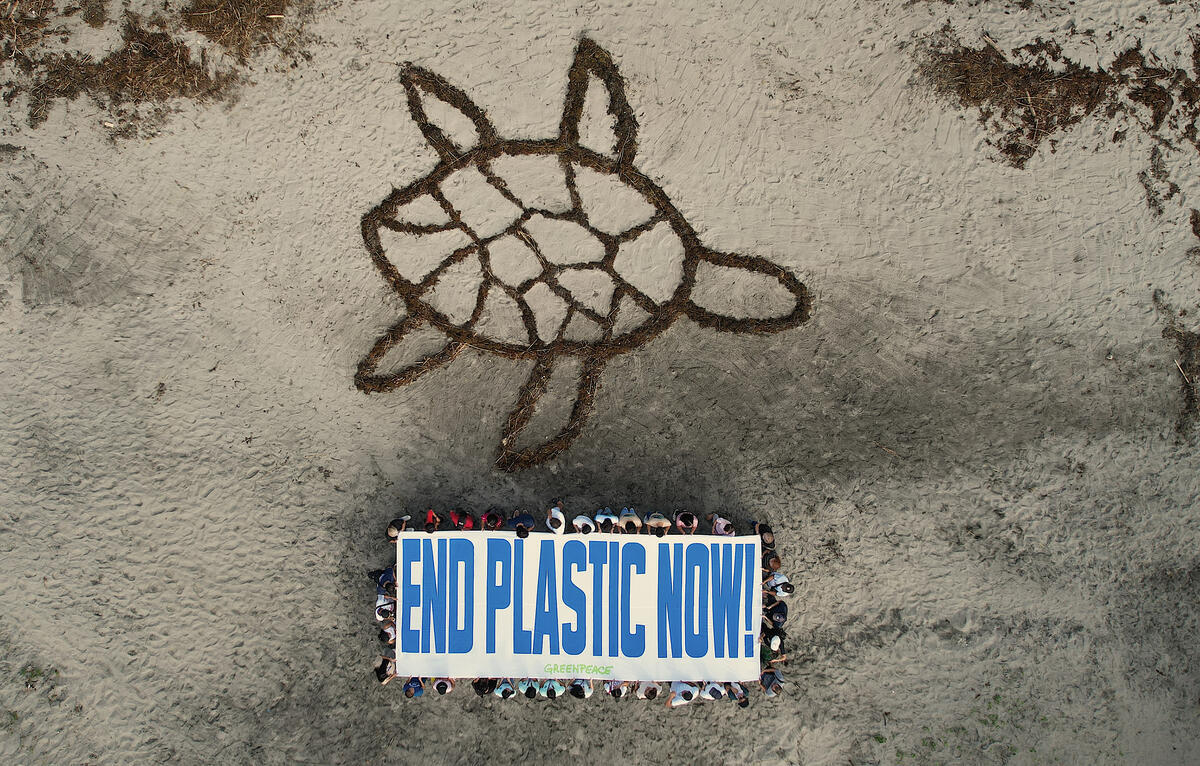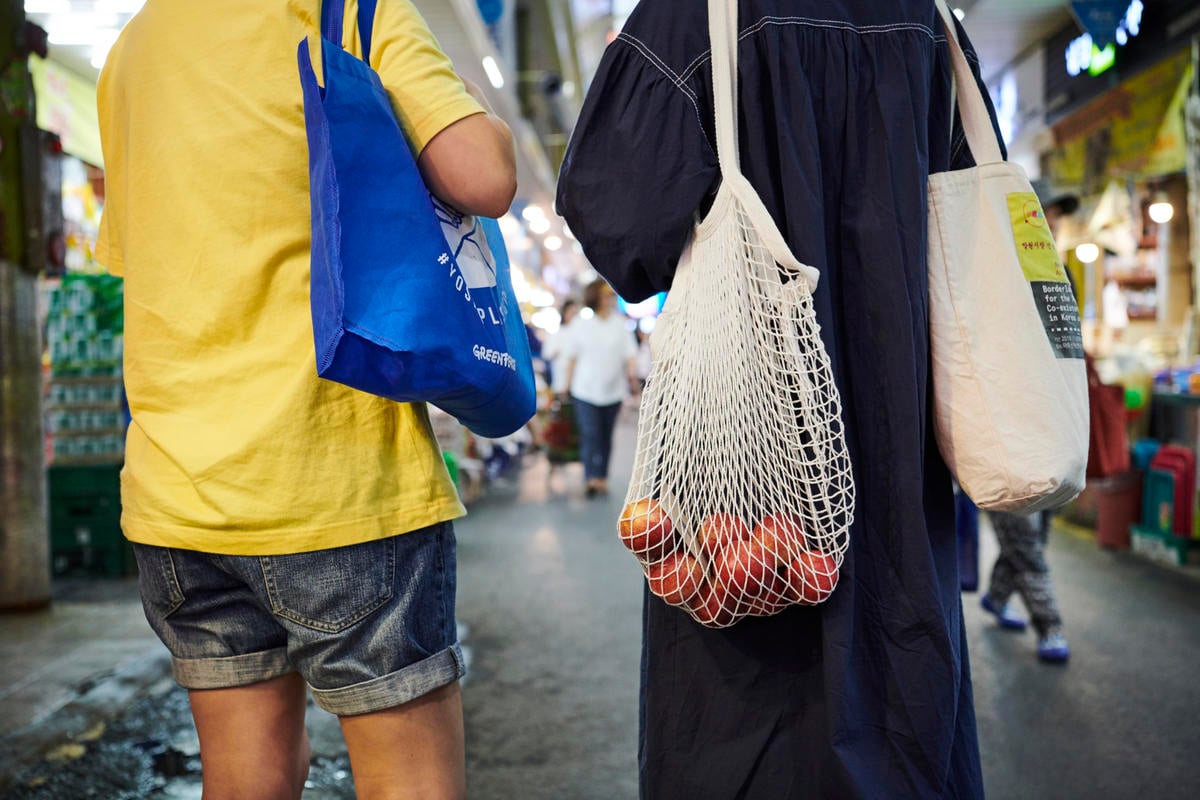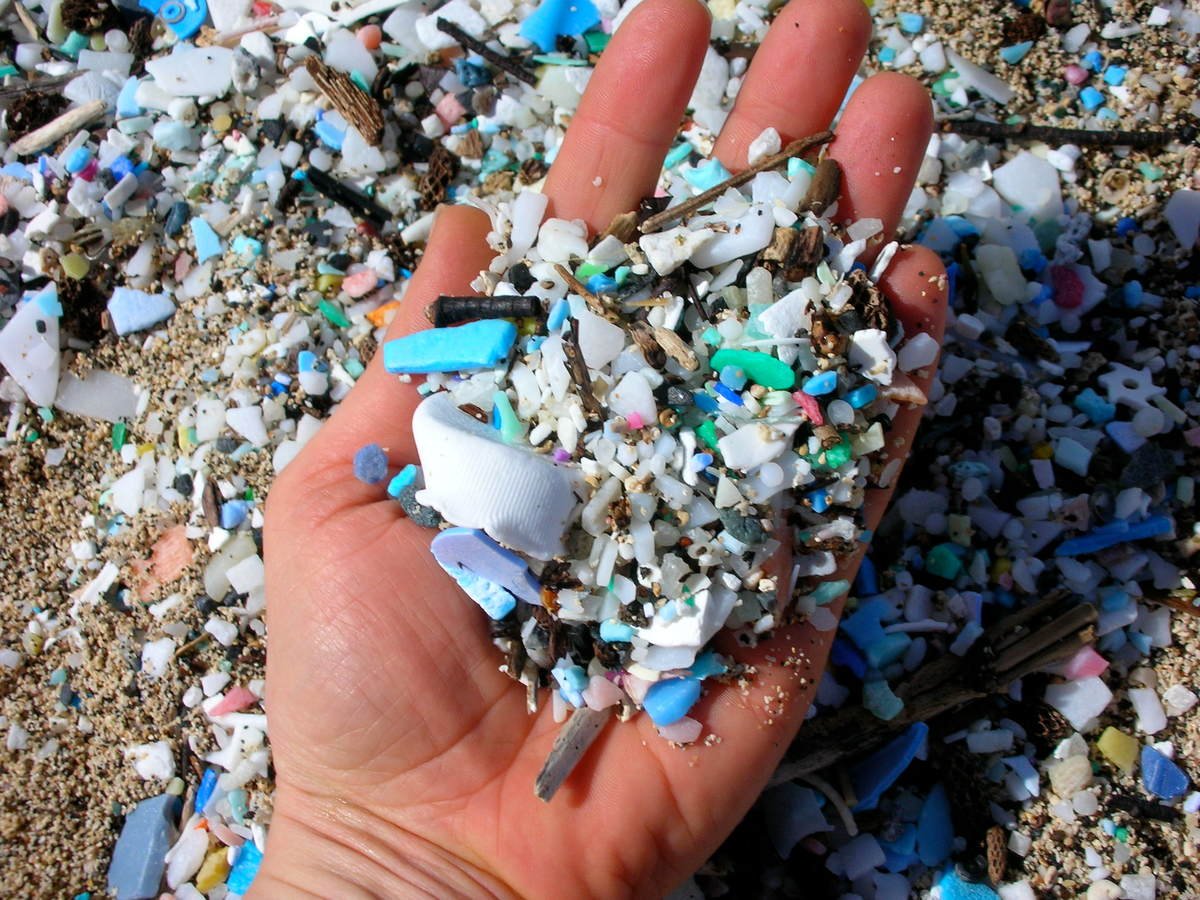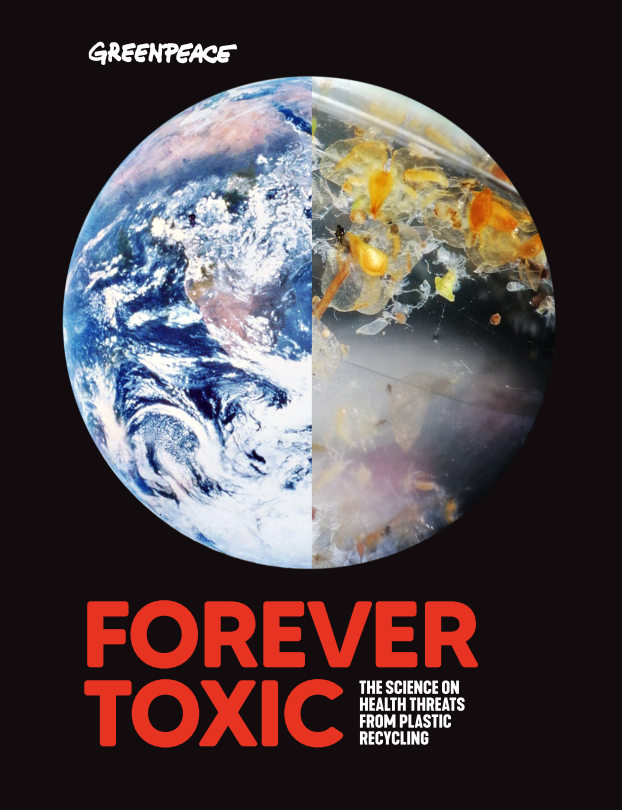
First published on the Greenpeace USA website
The global Greenpeace network is advocating for an ambitious, legally binding Global Plastics Treaty that accelerates and provides the conditions needed for a just transition away from dependence on plastic. The Treaty should promote safer, toxics-free materials and reuse-based, zero-waste economies, creating new jobs to support these practices, protecting human and planetary health, minimizing resource use, and delivering a just transition for workers and affected communities across the plastics supply and waste chains.
Without dramatically reducing plastic production, it will be impossible to end plastic pollution and eliminate the health threats from chemicals in plastics. The Treaty must cap and reduce plastic production, and establish a pathway to end virgin plastic production.
A key obstacle is the plastics industry, including fossil fuel, petrochemical, and consumer goods companies, which continues to put forward plastic recycling and recycled content as central solutions to the plastic pollution crisis. The reality is that fewer than 10% of all plastics ever produced have been recycled. This revelation leads many to promote higher recycling targets as the best way to resolve the global plastic crisis. For example, the members of the U.S. Plastics Pact lobby for the recycling and “circular use” of plastics, distracting attention from the need for massive reductions in global plastic production and shifting the burden of dealing with plastic waste away from themselves as the producers and onto the public.
Many consumer goods companies, including Nestlé, Unilever, and Coca-Cola, tout the use of recycled plastic in their packaging as an important part of the solution, while failing to achieve significant reductions of overall plastic use, and in some cases increasing plastic use, or meaningful gains in reuse. But the reality is that most plastics collected for recycling are never recycled – and when plastics are recycled, they contain a toxic cocktail of chemicals that makes them unfit for food-grade and other consumer uses. In fact, plastics are inherently incompatible with a circular economy
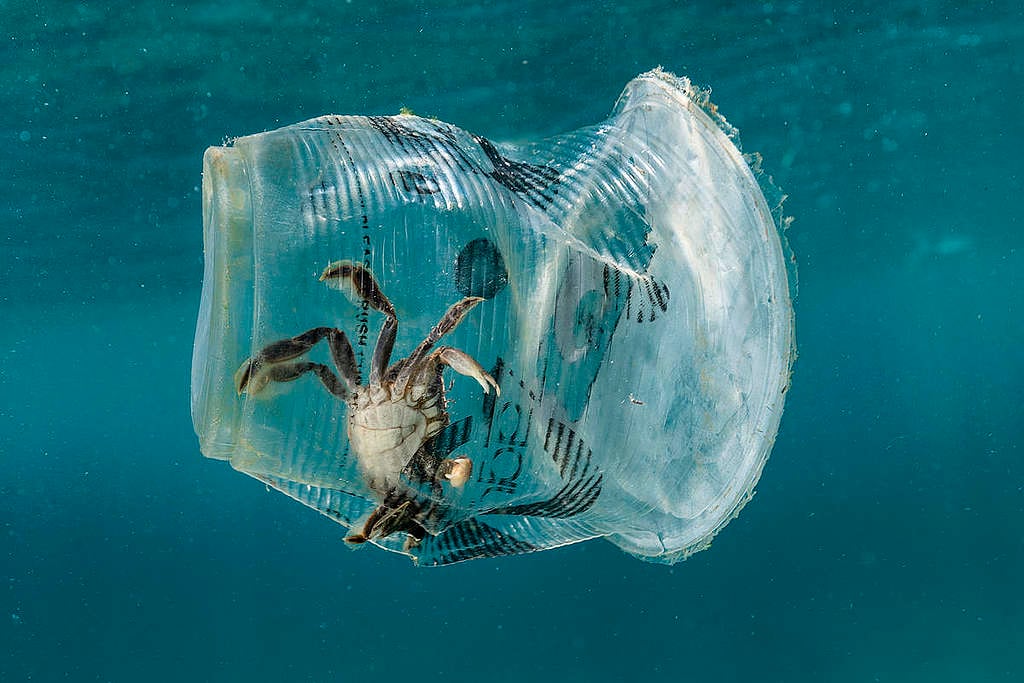
Our coastlines are among the most impacted by plastic pollution in the world. Be part of the solutions!
TAKE ACTION
